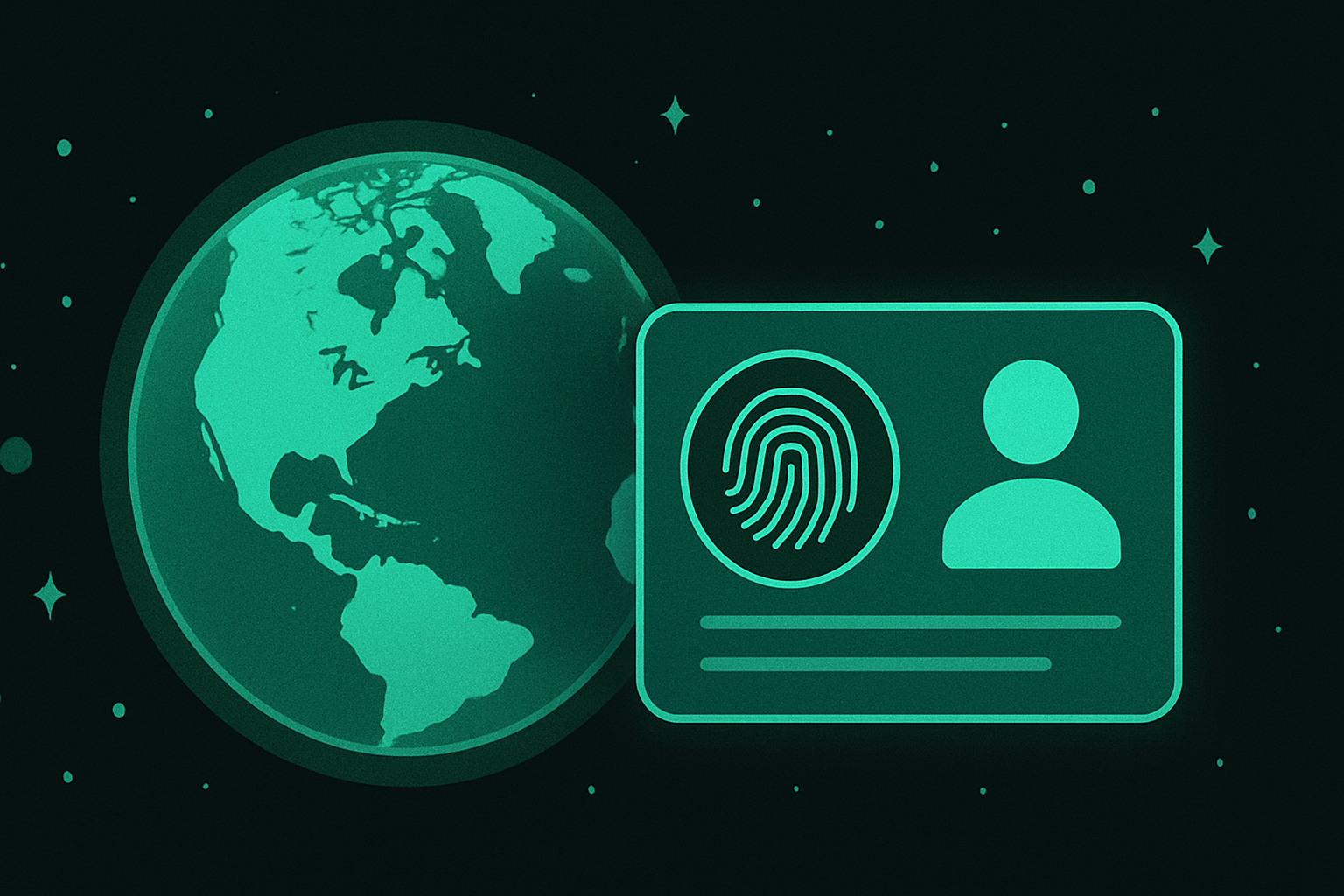ARTICLE AD BOX

- World kicks off U.S. expansion with biometric scans in six cities, aiming for 7,500 Orb devices by 2025.
- Partnerships with Visa and Circle drive global reach, while new Orb Mini and World ID fuel privacy-centric growth.
Cryptocurrency firm World, formerly Worldcoin, launched its presence in the United States with an extensive system of biometric identity checks. On May 2, the endeavor will start operations in six big U.S. cities: Atlanta, Austin, Los Angeles, Miami, Nashville, and San Francisco. The move comes as the firm has established itself in more than 160 countries and brings about a new phase to an already existing system that has authenticated 12 million individuals via biometric scans of their eyes.
The move was revealed at the “World At Last” event in San Francisco, where CEO Alex Blania and co-founder Sam Altman discussed establishing what they term as the world’s largest human-centric identity and financial network. Whereas the operations of the firm were initially nowhere to be seen in America, the move represents a strategic decision to relocate innovation to the country where the initiative was initially initiated. According to Altman:
America should lead innovation, not fight it off.
To scale its infrastructure in the U.S., World plans to deploy 7,500 of its Orb biometric devices across the country by the end of 2025, significantly increasing from its current global deployment level. Rich Heley also confirmed that the hardware behind the system will now be manufactured domestically in Richardson, Texas, through a new assembly line set up with a U.S. partner.
World Card Launches With Visa—150M Merchants, AI Rewards & More
On its financial services side, World launched a partnership with Visa to issue a new payment card tied to its World App wallet. The World Card will enable consumers to make payments at over 150 million merchants around the world and provide digital token rewards (WLD) with purchases tied to artificial intelligence. The launch of the card is anticipated later in 2025 for U.S. users.
Along with Visa, World has teamed with Circle to natively support USDC stablecoin on its blockchain infrastructure, World Chain. The initiative will swap out all bridged USDC on the platform to native USDC, backed by cash and U.S. Treasuries with maturities of less than three months. The launch comes with the introduction of Cross-Chain Transfer Protocol V2 (CCTP V2) to automate and lower cross-chain exchanges.
In addition to financial applications, World has now started looking at other verticals for identity use cases. In collaboration with Match Group, World ID will be implemented as an age verification tool among Tinder users in Japan. World has partnered with gaming firm Razer to implement the “proof of human” paradigm to fight bots and ensure integrity in gaming environments.
New Miniature Tech and Privacy Model Fuel User Growth
To increase scalability and accessibility, the organization recently unveiled its forthcoming launch of the Orb Mini, a lighter and more portable form of its biometric scanner. This move is one of a general strategy to increase its authentication capabilities internationally, particularly to nations with sparse infrastructure.
With more than 26 million total users now signed up, and as many as 12 million of those verified by biometric scans, World’s system is already functioning at scales unprecedented in the industry. The company maintains that its data model is privacy-driven. It states that personal info gathered in the process of biometric verification is stored onto users’ own devices, according to what it terms “Personal Custody.”
And despite this claim of privacy, the biometric system has caused concern in many nations, with critics raising alarm at possible surveillance threats. As we reported earlier, Brazil recently blocked Worldcoin’s biometric incentives. Nevertheless, World continues to stand by its model as both secure and empowering to users requiring affirmation of identity in a rapidly digital world.
.png)
 1 month ago
5
1 month ago
5








 English (US)
English (US)